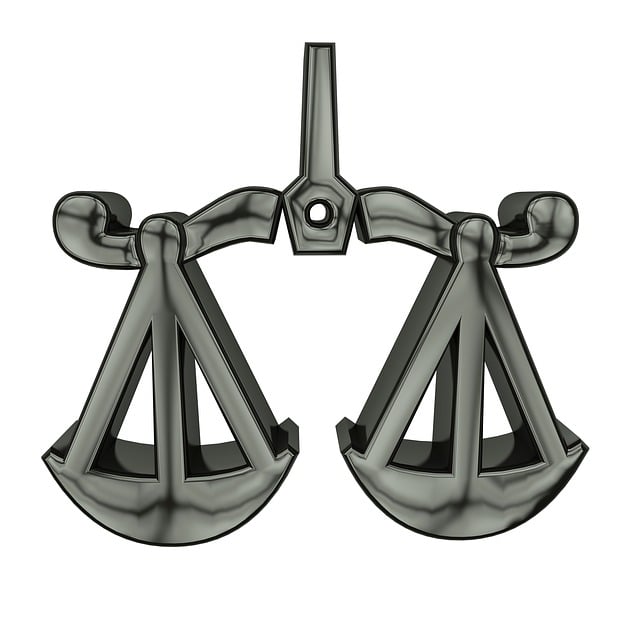Defective children's products pose significant risks to infants and toddlers due to their vulnerable bodies, leading to physical injuries, emotional trauma, and developmental delays. Common defects include manufacturing flaws, design failures, and material imperfections, with potential consequences ranging from minor health issues to severe disabilities and high medical expenses. Stringent product safety measures, robust regulatory frameworks, and legal accountability are crucial in mitigating these risks. Global regulatory bodies have implemented stringent safety standards for manufacturers, and legal action against negligent producers can provide compensation and serve as a deterrent.
A defective children’s product can have devastating consequences for infants and toddlers, leading to serious injuries or even fatalities. Understanding the risks associated with flawed toys is paramount for parents and caregivers. This article delves into the impact of defective children’s products, exploring common defect types and their potential hazards. We also examine prevention strategies and regulatory measures designed to safeguard our youngest ones from avoidable dangers.
- Understanding the Risk: The Impact of Defective Toys on Young Children
- Common Defect Types and Their Potential Hazards
- Safeguarding Our Little Ones: Prevention and Regulatory Measures in Place
Understanding the Risk: The Impact of Defective Toys on Young Children

Defective children’s products pose a significant risk to infants and toddlers due to their developing bodies and increased vulnerability. Even seemingly harmless toys can cause serious injuries when they malfunction or contain harmful substances. For instance, a toy with small parts could lead to choking hazards, while a product with toxic chemicals might result in long-term health issues. These incidents often go beyond physical harm; they can also trigger emotional trauma and impact a child’s overall development.
When a defective children’s product causes harm, it is crucial to understand the potential consequences. The effects may extend far beyond the immediate injury, leading to long-lasting medical conditions or even permanent disabilities. A personal injury lawyer specializing in product liability cases can play a vital role in holding manufacturers accountable for their negligence, ensuring that families receive the compensation they deserve for medical expenses, therapy, and other related costs. This process not only seeks justice but also serves as a warning to prevent similar incidents from affecting other young lives.
Common Defect Types and Their Potential Hazards

Defective children’s products can pose a range of hazards to infants and toddlers due to their developing bodies and increased vulnerability. Common defect types include manufacturing flaws, design failures, and material imperfections. For instance, a toy with small parts that can easily detach could cause choking hazards, while a poorly constructed crib might collapse, leading to severe injuries or even fatalities. Similarly, chemicals in toys or furniture can leach into the body, causing toxic exposure, especially during periods of high skin absorption like teething.
These defects can result in various health issues, from minor injuries and rashes to more serious conditions such as internal organ damage, neurological disorders, and developmental delays. The impact of these accidents can be profound, leading to long-term physical and cognitive disabilities. Consequently, ensuring product safety is paramount to protect infants and toddlers from preventable harm. This involves rigorous testing, transparent reporting, and prompt recall actions by manufacturers, along with robust regulatory frameworks to deter negligence and ensure appropriate accident compensation for affected families.
Safeguarding Our Little Ones: Prevention and Regulatory Measures in Place

In light of the potential dangers posed by defective children’s products, extensive measures have been implemented to safeguard our youngest population. Regulatory bodies worldwide have established stringent safety standards and guidelines for manufacturers to adhere to, ensuring that toys and other items marketed towards infants and toddlers meet specific criteria before hitting store shelves. These precautions are a crucial aspect of protecting children from preventable injuries caused by faulty or poorly designed products.
The responsibility extends beyond regulatory frameworks; manufacturers also have a fiduciary duty to ensure the safety of their products. This includes rigorous testing, quality control checks, and transparent reporting of any potential issues or recalls. Should there be instances of negligence resulting in defective products reaching consumers, legal avenues exist for affected families to seek injury compensation. Employment disputes within manufacturing companies regarding safety protocols can also lead to critical revelations and improvements in product liability practices.
Defective children’s products pose a significant risk to infants and toddlers, highlighting the importance of understanding common defect types and implementing robust safety measures. By recognizing potential hazards and adhering to regulatory guidelines, we can safeguard our youngest ones from avoidable injuries. It is imperative that manufacturers prioritize product quality and consumers stay informed to ensure a safer environment for children’s playtime.






